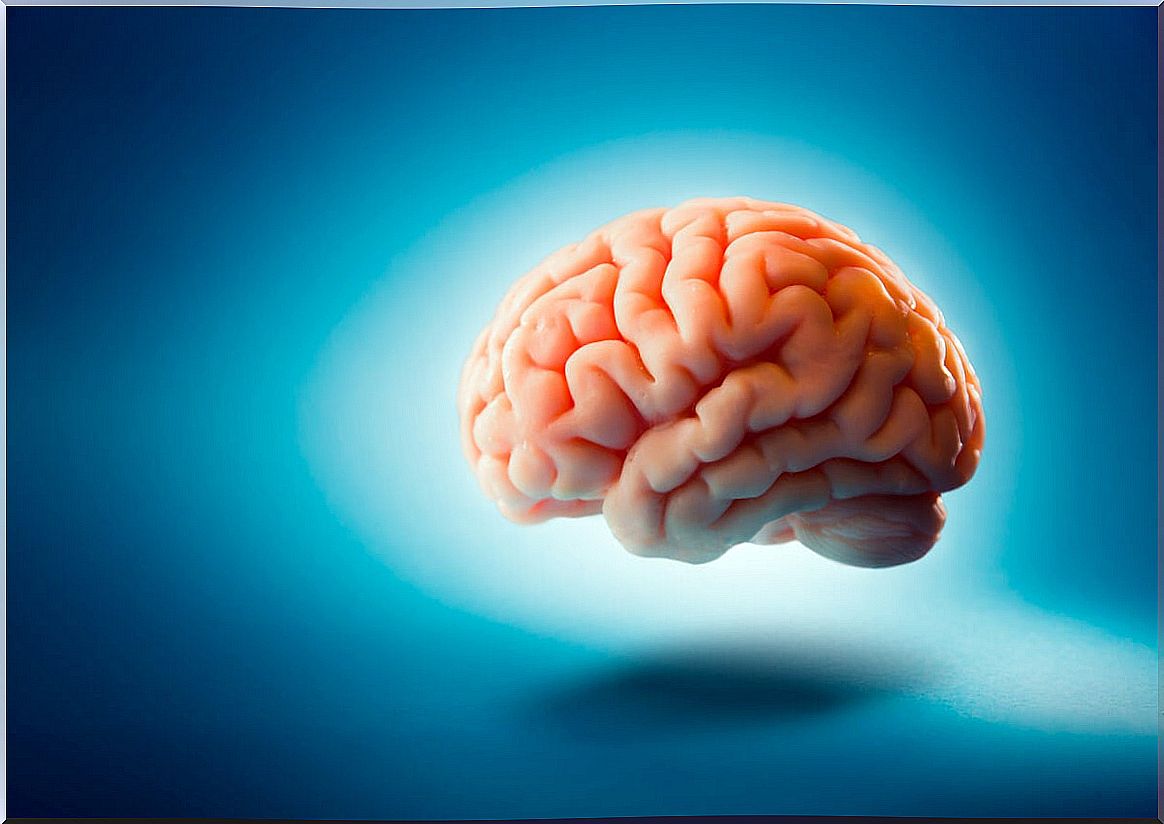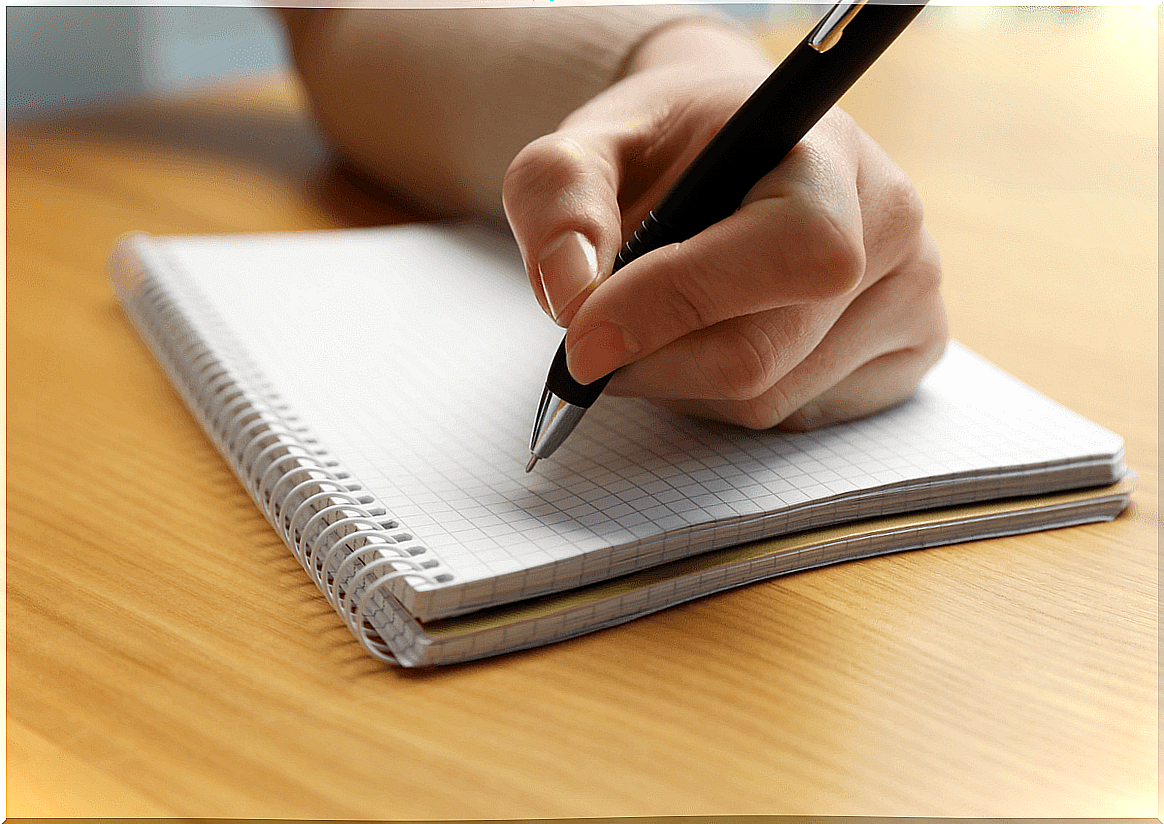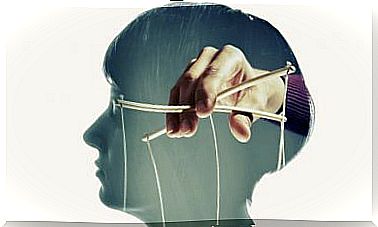Do Short Breaks Help You Learn Better?

Practice makes perfect. The idea of systematic and sustained practice over time is deeply rooted in society, but the monotonous repetition of a task can be tiresome and even lead to abandonment. So is it necessary to follow this style of education to learn better?
The answer is no. Introducing rest intervals interspersed with practice has been shown to strengthen skill consolidation during the waking period. The study that you can see below delves into this question, both at an experimental level and in the neurological correlate of the process.
Do short breaks help you learn better?
The process of learning a skill – such as riding a bicycle or playing the piano – is not only based on repetition, where new neural connections are reinforced with each trial, but requires a process of consolidation. This process of settling of knowledge or skills occurs during brain rest.
The study, carried out by the US National Institute of Health, found that the brain, when at rest, quickly and repeatedly reproduces memories of what the person has recently learned. The more the subject recalls his learning while resting, the better his performance in subsequent sessions.
Therefore, it was evidenced that short breaks are also part and in fact improve the learning of new skills. However, how does this work at the brain level? You can read the study in more detail later.

Study characteristics
The group of researchers used a highly sensitive scanning technique, called magnetoencephalography, to record the brain waves of 33 healthy, right-handed volunteers.
The task consisted of writing a five-digit test code with the left hand, which was the non-dominant, to ensure that the task was novel at the brain level.
The participants were asked to write the numeric code as many times as they could for 10 seconds, leaving another 10 seconds of rest afterwards. They repeated this cycle of practice and rest a total of 35 times, evaluating the learning curve during the process.
Results
During the first few tests, the speed at which the subjects wrote the code improved dramatically and then leveled off around the eleventh cycle. Improvements in ability were greater with short breaks than after a night’s sleep.
In addition, at the brain level, a correlation was found between performance improvement with a decrease in the amplitude of beta brain waves. To explore this, the doctors developed a computer program to observe brain activity in each of the subjects’ practice cycles.
How breaks help the brain learn better
The aforementioned program showed that brain activity was 20 times faster during these short breaks between trials, confirming the results. Being a motor task – writing numbers – brain activity occurred in sensorimotor areas, but also in the hippocampus and the entorhinal cortex.
Although traditionally it was thought that these latter structures did not have a very relevant role in procedural memory, it was observed that they do interact with the sensorimotor cortex during the process.
Therefore, yes. Breaks help the brain to learn better, and the relationship has good predictive power: the subjects who repeated the exercise the most mentally in their breaks were the ones who later learned the skill of writing with the non-dominant hand the fastest.

Short breaks to consolidate learning
In general, the results of the study support the idea that introducing breaks in learning processes in a controlled way is a good way to consolidate memories in the context of learning.
The applications of these findings are heterogeneous; They range from improving learning techniques in classrooms to shortening training times in companies.
Also, in situations where learning time works against the person – such as strokes – speeding up the process can be really beneficial.
The study authors spoke of applying short breaks to neuropsychological rehabilitation, so that it could become a positive factor in recovery from brain damage.









